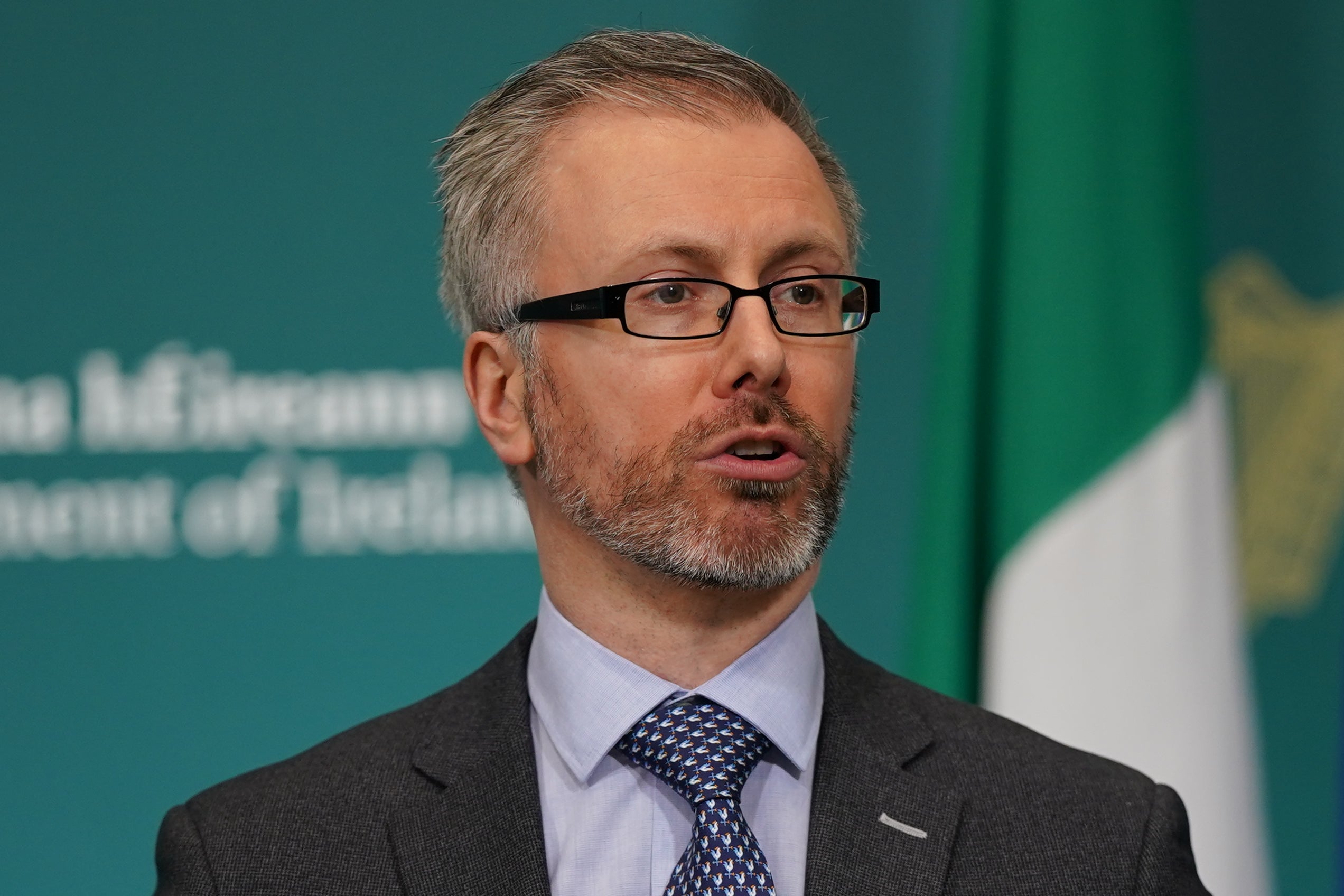Birth Information Bill sparks right to privacy against right to info debate
The Birth Information and Tracing Bill will give adoptees priority to access information, while birth mothers can state “no contact” if they prefer.

Your support helps us to tell the story
From reproductive rights to climate change to Big Tech, The Independent is on the ground when the story is developing. Whether it's investigating the financials of Elon Musk's pro-Trump PAC or producing our latest documentary, 'The A Word', which shines a light on the American women fighting for reproductive rights, we know how important it is to parse out the facts from the messaging.
At such a critical moment in US history, we need reporters on the ground. Your donation allows us to keep sending journalists to speak to both sides of the story.
The Independent is trusted by Americans across the entire political spectrum. And unlike many other quality news outlets, we choose not to lock Americans out of our reporting and analysis with paywalls. We believe quality journalism should be available to everyone, paid for by those who can afford it.
Your support makes all the difference.Ireland’s Minister for Children has insisted a right to privacy must be included in a new Bill to help those who are adopted to find their birth parents.
Roderic O’Gorman made the comments as amendments to the Birth Information and Tracing Bill were discussed at an Oireachtas committee.
Under the legislation, adoptees would be given priority to access information, while birth mothers will be able to state a “no contact” preference, which will be relayed to adopted children, if they wish.
Successive governments have failed to legislate on the issue, saying the right to privacy of the mother outweighed the rights of adopted people to information such as birth and baptismal certificates.
They still have a right to exercise their constitutional right to privacy and if they decide they don't want contact with the child they gave up for adoption, that is their right
Mr O’Gorman said the “whole purpose of the legislation” is to “provide adopted people with information, as well as provided items”.
He emphasised to the Select Committee on Children, Equality, Integration and Youth that every definition in the Bill “has been thought about in a lot of detail to ensure it interacts properly with the rest of this legislation and other pieces of legislation as well”.
A number of proposed amendments to the Bill were discussed during a lengthy committee meeting on Tuesday.
There were robust exchanges over the right to information and the right to privacy.
Mr O’Gorman described a “robust statutory tracing service” which allows information to be shared or requested while maintaining a level of contact a person is comfortable with.
It is “important that the contact tracing service allows the person initiating the trace or on the other end of the trace to have the say in terms of the degree of contact that they want”, he told the committee.
Some TDs queried whether the Bill is being unduly protective of the privacy rights of the birth mother.
Mr O’Gorman responded by saying the current National Adoption Contact Preference Register has around 4,500 parents whose children were adopted, with the “vast, vast majority” of them looking for contact.
“(The number of those who don’t want contact) is tiny but they are still rights holders … they still have a right to exercise their constitutional right to privacy and if they decide they don’t want contact with the child they gave up for adoption, that is their right,” he said.
Meanwhile, adoptees and survivors of Mother and Baby Homes staged a protest outside the Department for Children and Equality in Dublin city centre to mark International Women’s Day.Supported by campaigner and former TD Ruth Coppinger, speakers called on Mr O’Gorman to listen to their concerns on the redress scheme.